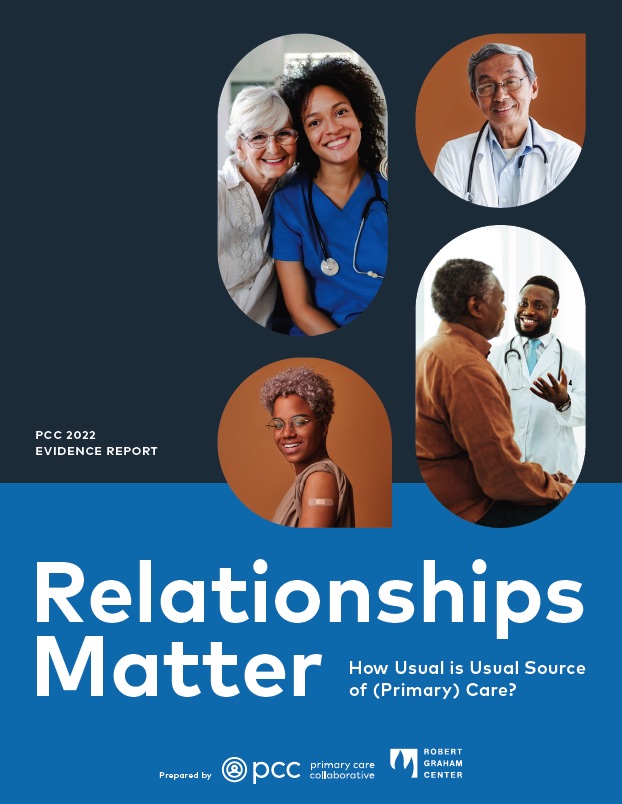Shared Principles of Primary Care FAQ
The Shared Principles describe seven important attributes of advanced primary care. They are designed to help move the United States toward a future of health care that is person-centered, team based, and aligned with the community. Realizing this ideal future of primary care requires a common vision among all stakeholders, with the goal of achieving better health, better care, and lower costs.
The Joint Principles of the Patient-Centered Medical Home were developed by four physician organizations (the American Academy of Family Physicians, American Academy of Pediatrics, American College of Physicians and the American Osteopathic Association). The Joint Principles describe the characteristics of a particular health care model – the “PC-MH.” The Joint Principles served to drive changes in both national and state policy as well as practice transformation, and were foundational to the work of the Patient-Centered Primary Care Collaborative.
The Shared Principles are very aligned with the Joint Principles and also reflect the evolution of primary care over the past decade. They add emphasis on concepts like team-based care, stewardship of resources and health equity, while preserving the Joint Principles’ focus on whole person orientation, coordinated and integrated care, quality and safety, enhanced access, and a payment structure. The Shared Principles were developed by a diverse group of stakeholders, including clinicians involved in primary care, consumers, employers, health plans, behavioral and oral health clinicians, researchers and others.
The process to develop the Shared Principles was co-led by Family Medicine for America’s Health (FMAHealth) and the PCC, with the goal of collaborating on a vision that would enable diverse stakeholders to “speak with one voice” in advancing primary care of the future. The principles were developed in collaboration with individuals and organizations representing patients and families, clinicians, purchasers, researchers, health plans and others in the healthcare system. The process included a Steering Committee formed in 2016 to develop the principles, an in-person working summit in late 2016, feedback from patient and family advisers and two public surveys. The Shared Principles were then finalized, and the boards of FMAHealth and the PCC approved the principles in April 2017.
The Shared Principles are critical to both advancing policy that strengthens primary care in both the public and private sectors and enhancing the practice and delivery of primary care within the healthcare system. They are used by the PCC in its advocacy efforts to Congress and with the administration, and other organizations have also committed to using the Shared Principles in this way. Accreditation organizations will be asked to consider utilizing aspects of the principles as they continue to evolve their programs, and a wide array of organizations have proposed to use the Shared Principles to guide their agenda for ensuring a vibrant future of primary care.
The PCC welcomes the sign-on to the Shared Principles by organizations from across the healthcare spectrum. When an organization “signs on” to the Shared Principles, that organization will be listed below the Shared Principles themselves. In the same way that organizations agree to sign on to letters sent to Congress or to the administration, those that sign on will be understood as supporting the Shared Principles. Not only will an organization's agreement with the principles be shown in this public way, but the PCC also hopes that the organization incorporates the principles in its work - that it supports the principles by adopting them and applying them to the ways it works to strengthen primary care.
PCC is welcoming organizations to sign on to the Shared Principles on an ongoing basis . The PCC announced the Shared Principles at its annual meeting held October 11-12, 2017, in Washington, D.C.
You may sign on at the bottom of the Shared Principles page at the Organization Sign On
What's New
December 20, 2023
December 14, 2023




